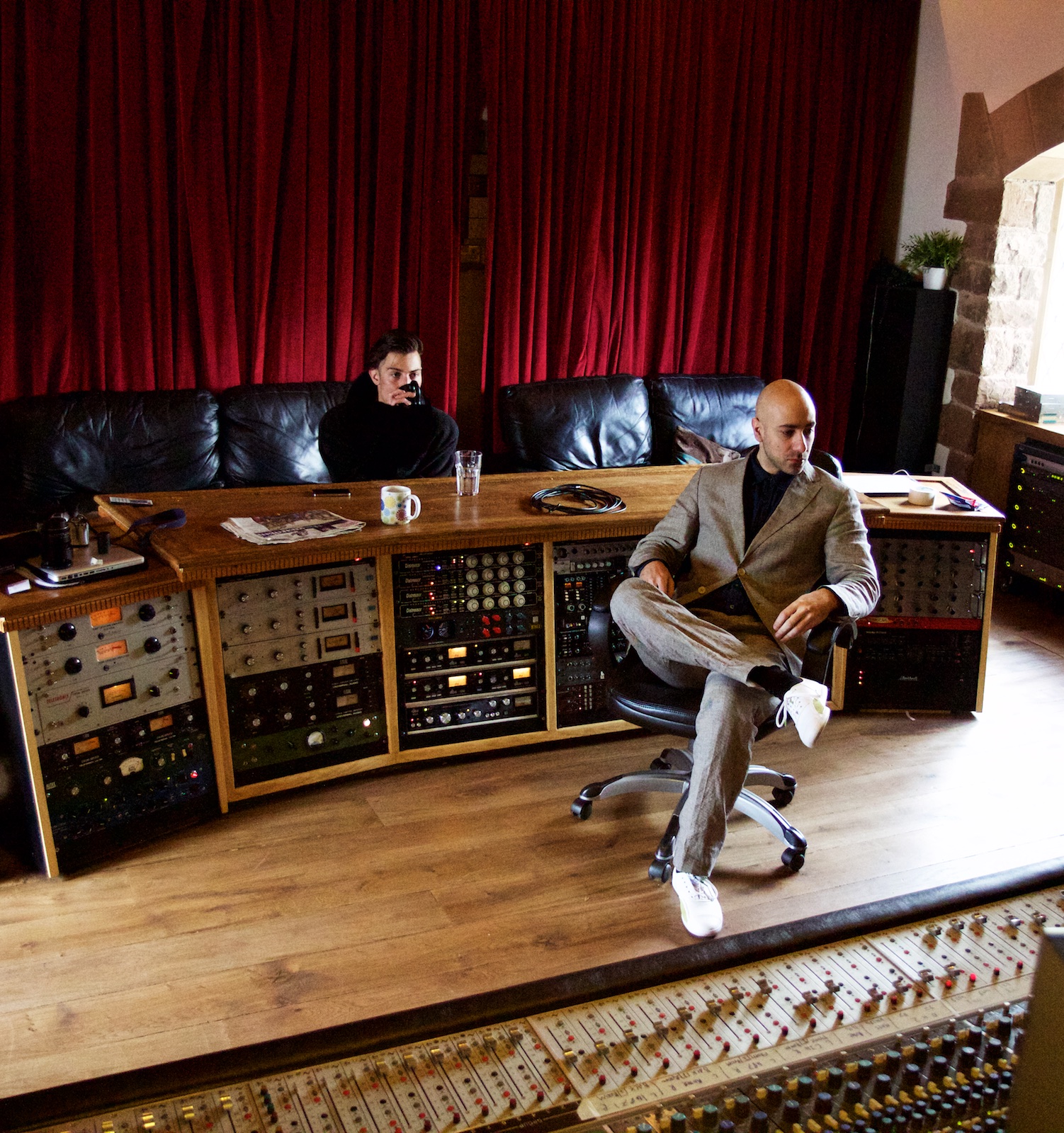Advice to successful artists: Firstly, congratulations - pat yourselves on the back! Now it’s time to think about how this launchpad fund will help you in the long term - how will this factor into a bigger picture/plan? For example, if you’re looking for funding to help make a music video and/or PR - what happens next?
I don't mean to sound like a bank manager/your mother, but think about what the point of making the music video actually is - are you going to just make a video (and probably pay a PR person), and then hope for the best? If you haven't already, think about what you are actually trying to achieve by making the video - is it to raise your social media stats? Are you self releasing and trying to earn money from increased streaming revenue? Are you trying increase your profile in order to attract label attention? If so, which labels - and what can you do to make sure that people from those labels see/hear your music?
If you’re planning on using the fund to record new music - again, is your single/EP/album simply a purely an artistic endeavour with no expectation on any specific outcome, or is this merely a step that is required in order to reach your goal?
In any case, the key is to have a clear goal - i.e. what do you hope to achieve in the long term - not a dream but a goal. Then, focus on a concrete plan in order to achieve that goal. A plan means that there are achievable, smaller steps and accountable check points for you on your way to achieving your goal. This can’t guarantee any success, of course, but I feel like it will only increase your chances.
So, once you’ve figured out exactly what your goal(s) are, and have a step by step plan to achieve it (if you haven’t already), learn to love working hard and become relentless in achieving it. Try to get out into the real world (vs only being in the studio and online) - meet as many people (that are involved in music) as possible, and just generally be a lovely person. Oh, and have fun doing it!
Again, congrats - don’t forget to celebrate! Mine’s a pint. 🍺🍻
Advice to unsuccessful artists: Most importantly - don’t be disheartened. An unsuccessful application does NOT nessarily mean that the panel didn’t think that your music was good - merely that the application didn’t demonstrate how or why the fund would help you ‘launch’ to the next stage of your musical journey. Perhaps the panel thought you were doing just fine without their help at the moment! You can and should apply again next year.
With that said, be sure to work on truly mastering your craft. Become undeniably great - i.e. so good that no one can overlook your music or talent. Work on your songwriting, that’s the most important thing. If you want a career in music, take it really seriously and become a ‘pro’. I recommend reading ‘The War Of Art’ by Steven Pressfield to everyone that I can. It’s very easy to read and gives us the kick up the backside that we all need from time to time.
Finally, please do re-read your application and think about re-applying next year - and think about what you might change. Remember that in the application, you have to show how this money will take you from point A to point B in your musical career - simply saying something along the lines of 'I want/need a new microphone so I can get better quality recordings' doesn't quite cut it. You might make great music and really could do with a new mic, but unless you can explain to the people reading the application exactly how it's going to help take you to the 'next level' (hence 'Launchpad'), you might not be successful.
Think of how this launchpad fund will help you in the long term - how will this factor into a bigger picture/plan? If you can explain that in your application and your music is great, you have a very high chance of success next time around ❤️



